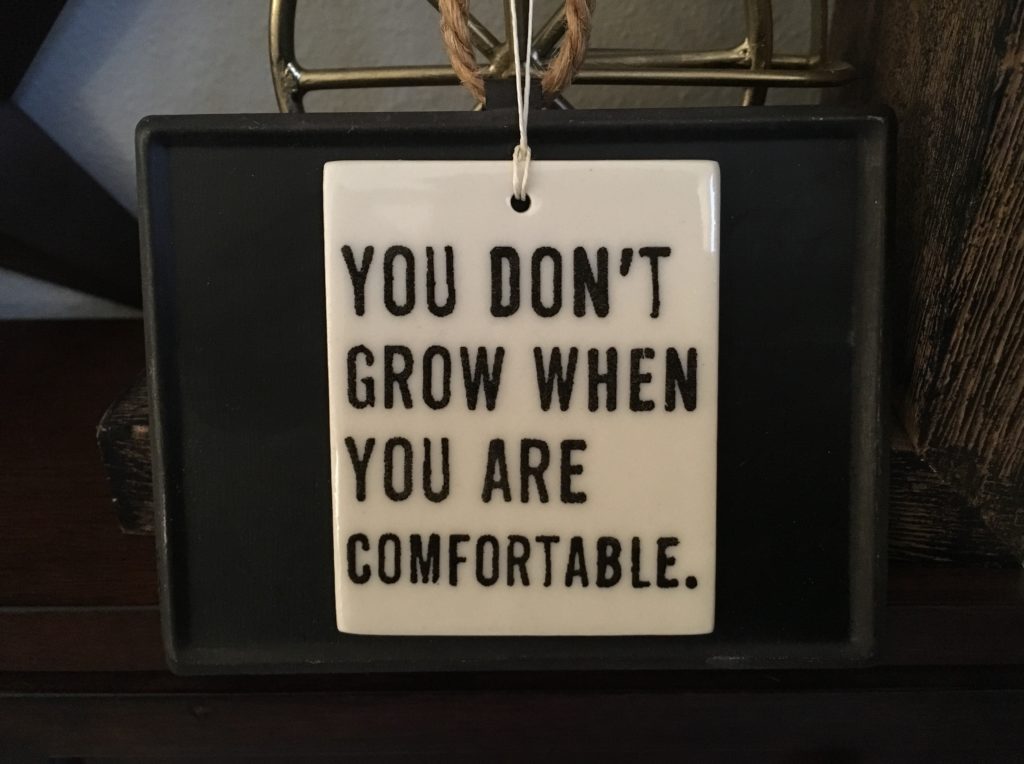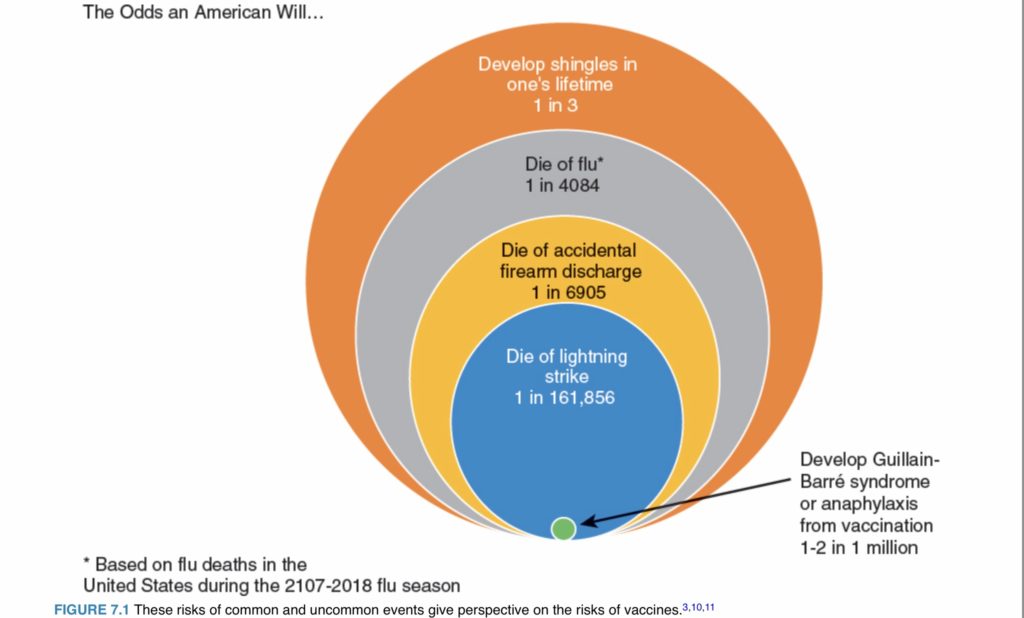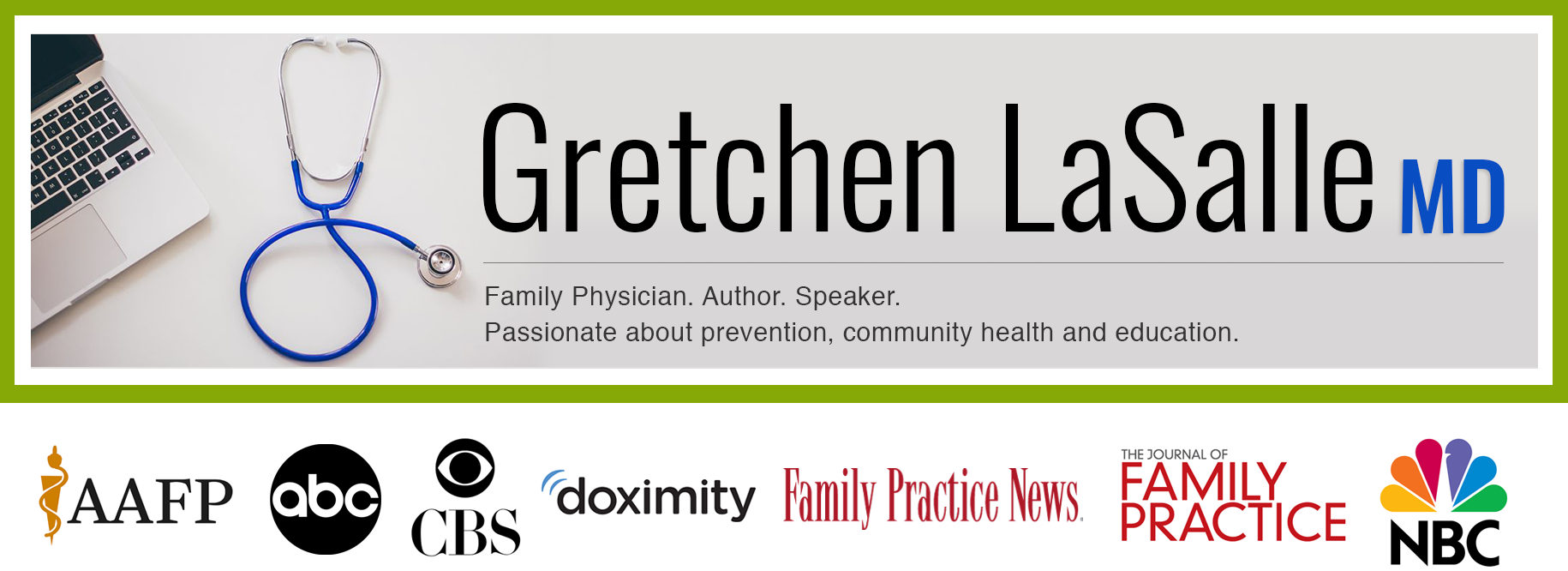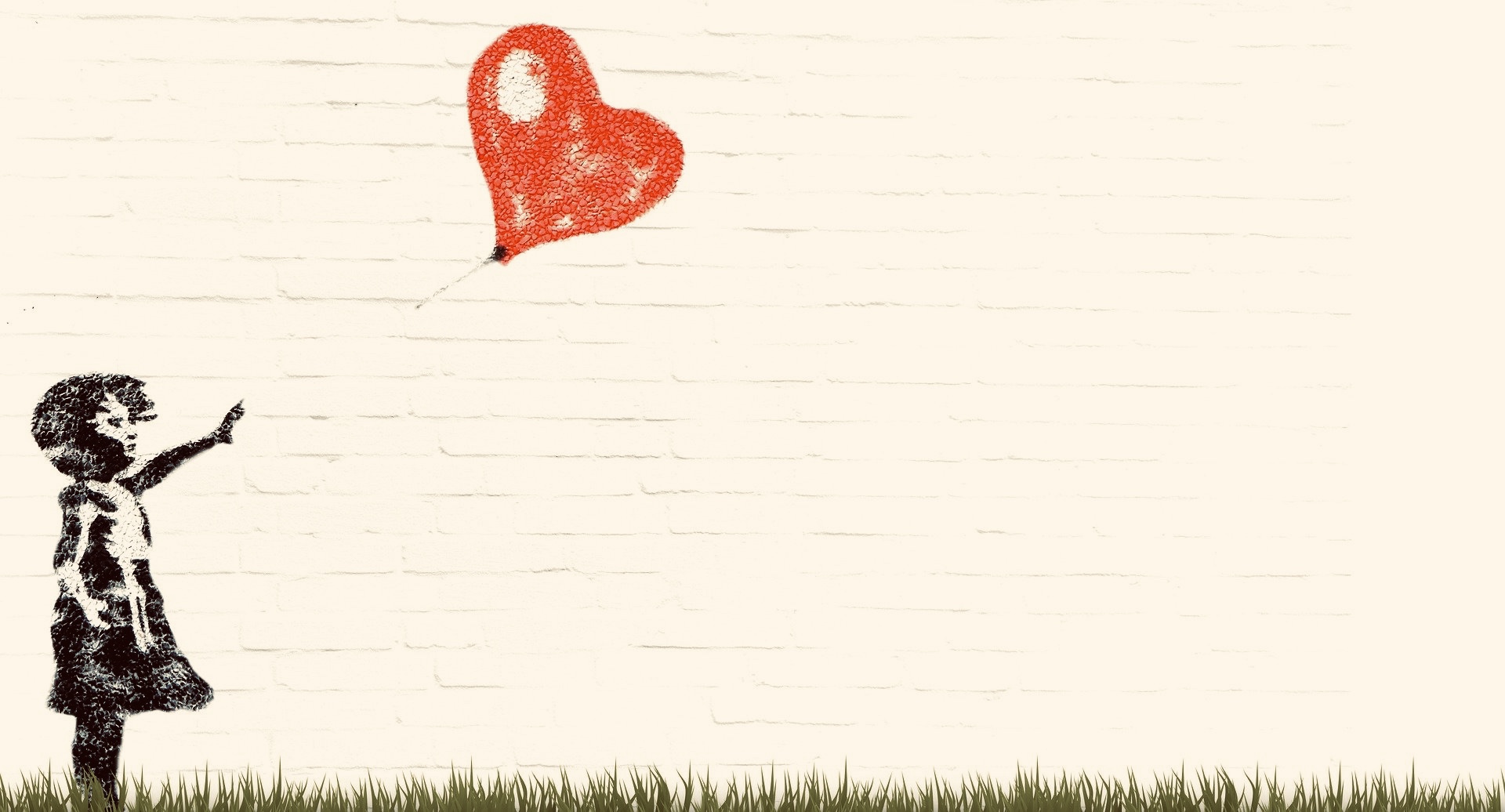Even though this post may start out feeling like it has nothing to do with vaccines, I will bring it around in the end. I promise. But first, we are going to start with a parenting story.
Watch out world, we’ve got a driver!
I am inspired to write this post by the fact that my oldest son is getting his driver’s license today. And it just now occurred to me, even though he’s been practicing driving for months, that once he gets his license he will actually be driving… ALL ON HIS OWN. I won’t be there with him all the time to be his second set of eyes; to remind him to anticipate the kid on their skateboard, headphones on, music blaring and not paying attention to traffic; or to point out the car two cars ahead of him that is stopping suddenly.
As a parent, this scares the bejeezus out of me.
While life can be so wonderful and full of joy, I am keenly aware of the dangers that lurk and the great sadness that can result. Just this week, I saw two teen drivers get into accidents, one hitting a pedestrian when he accidentally slammed on the gas instead of the break. My dear sweet cousin, just days after his 16th birthday, died in a head on collision when he was racing another car. He was a bright light in the world, extinguished way too soon, and his loss devastated his family. But he was a teenager. And teenagers are notoriously bad about acting impulsively and not anticipating possible outcomes of their decisions.
Hello darkness, my old friend.
I’m afraid. I can’t help but think about these dark events and the many possible risks that my son will face as a new driver. It makes me want to lock him in his room and wrap him in bubble wrap. I want to stick a picture of my cousin on the dashboard of my son’s car. That way, every time he gets in, he will see a reminder of the dangers inherent in driving. My husband tells me that this would be excessive, so I probably won’t do it. Probably. But you can bet I will be talking about my cousin A LOT in the coming months.
But even as I wallow in my parental misery and fear, I try to remind myself that I can’t let my own fears become my child’s. I don’t want my son leading his life always steering clear of situations that he is afraid of. How do we grow as human beings if we are always avoiding things that frighten us or make us nervous? I try to teach my children, both in words and actions, to step outside of their comfort zones, to stretch their boundaries (within reason, of course – you won’t find me bungee jumping any time soon).

Talking ourselves off the worry ledge.
When my kids were little, I had to constantly talk myself out of fear and worry. When you first get pregnant, no one tells you that worry gestates right along with that growing fetus. But as a family doctor, and being a mother myself, I see it so commonly. Becoming a parent can drive us insane with worry; worry that they will fall off the tall slide if we let them climb; that their feelings will be hurt if they don’t get invited to Abby’s birthday party; that their future as a professional athlete – really, how many of our kids are going to be professional athletes – will be limited if they don’t get onto a particular soccer team; that they will be somehow irreparably damaged if they don’t get the perfect birthday party with the perfect cake.
We have got to let go of this fear (I know… easier said than done). Remember how joyous you felt as a youngster when you climbed to the top of that slide and slid all the way down by yourself; and the friend that you made – who would turn out to be your best friend in elementary school – when your parents arranged a play date on the day of Abby’s party; and the triumph you felt when you practiced extra hard and tried out for the soccer team again the next year, this time making it? Do you even remember the cake at your 5th birthday party?
There is so much to learn from taking risks and from failing. We can’t shield our children from all of life’s disappointments and harms. To do so would be to deprive them of lessons in sticktoitiveness and to limit their triumphs and joys.
So, how does this relate to vaccines?
If you will indulge me, here is where we get to vaccines. One of the biggest worries that parents face, in thinking about the weighty responsibility of raising little humans, is that we will do something to cause harm to our child. And we would never want to do anything to hurt our children. Are we feeding them the right foods for their growing bodies? Will we pick the right school to nurture their developing minds? And, in light of what some parents are reading on the Internet, or hearing from family and friends these days, will we be risking their health if we give them all the recommended vaccines?
Here, it is important to recognize some facts about risk and about the people making those vaccine recommendations.
Let’s take a closer look at risk.
First, when we no longer see the diseases that vaccines are meant to prevent, it can sometimes seem like the risks of vaccines (though they be very very small) are greater than the risks of the disease itself. But the fact that we don’t see these diseases is only the case because of the success of vaccination programs past. As we have seen in recent years, vaccine preventable diseases, such as measles, mumps, and pertussis (whooping cough), are on the rise again. This is directly related to a decrease in immunization in some communities. The risks of these diseases are significantly higher than any risk of receiving a vaccine. We MUST remain vigilant in vaccination if we don’t wish to see the return of outcomes like deafness, encephalitis, seizures, brain damage, and death (among others).
With respect to any serious risks of vaccines themselves, let’s take a look at the following graphic to put some things into perspective. We think of dying by lightening strike as extremely unlikely. Yet death in this manner is significantly MORE likely than seeing a life-threatening vaccine reaction. Conversely, many think of the flu as “no big deal”, with the risk of death from this illness as remote. But the chance of dying from influenza is astronomically higher than that of risk from the vaccine.

Taken from Let’s Talk Vaccines: A Clinician’s Guide to Addressing Vaccine Hesitancy and Saving Lives by Gretchen LaSalle, MD. Published by Wolters Kluwer Press October, 2019
Are doctors and nurses really out to get you?
And what about those people, the hundreds of thousands of doctors and nurses, who are recommending these vaccines? Are they really out to do your child harm? These are people who spend many years of their lives training to heal and comfort the sick; who defer time with their own families to care for your sick kiddo; people who have access to and knowledge of the best that medical care has to offer; and who, overwhelmingly, vaccinate themselves and their children, on schedule and with every vaccine available. This is one you can take off of your worry plate. You trust them with the health of your child. You can trust them when they say that vaccinating is one of the best things that you can do to preserve a healthy future.
We can get easily overwhelmed, but regret is worse.
Fear can be paralyzing. We’ve all experienced it. But some get so overwhelmed with the decision to vaccinate or not, worrying that they will make the wrong decision, that they just don’t decide. Leaving it up to Fate somehow seems safer than making a choice. But not acting is still an action. Choosing not to decide is still a choice.
Imagine the regret that parents would feel, do feel, if they take the road of inaction or actively chose NOT to vaccinate and their child suffers or dies from a vaccine-preventable disease. We hear stories every year of completely healthy children whose lives are taken by pertussis or influenza, for example, because they have not been vaccinated. While vaccines are not perfect, they are your child’s best chance of surviving these dreaded illnesses.
The promise.
Today, I struggle to not let worry and fear affect the joy that my son is feeling with his newfound freedom. I promised him that I will do my very best to not get crazily overprotective. As long as he promises to be a cautious driver. My advice to you is the same that I give myself. Let go of fear. Don’t let it own you. Allow your daughter to climb a tree and be there to catch her if she falls. Give her the freedom to ride her bike to the park and back. Let your son struggle to solve his math problem or his argument with a friend. Congratulate him for trying when he fails to make the team.
And when it comes to vaccines, decades of scientific research have gone into making our vaccine supply one of the safest and most effective in the world. Trust your clinician. Don’t let unfounded fears lead you to make a decision that inadvertently puts your child at greater risk of harm. Vaccinate.


excellent and sharing
Well, thank you very much!